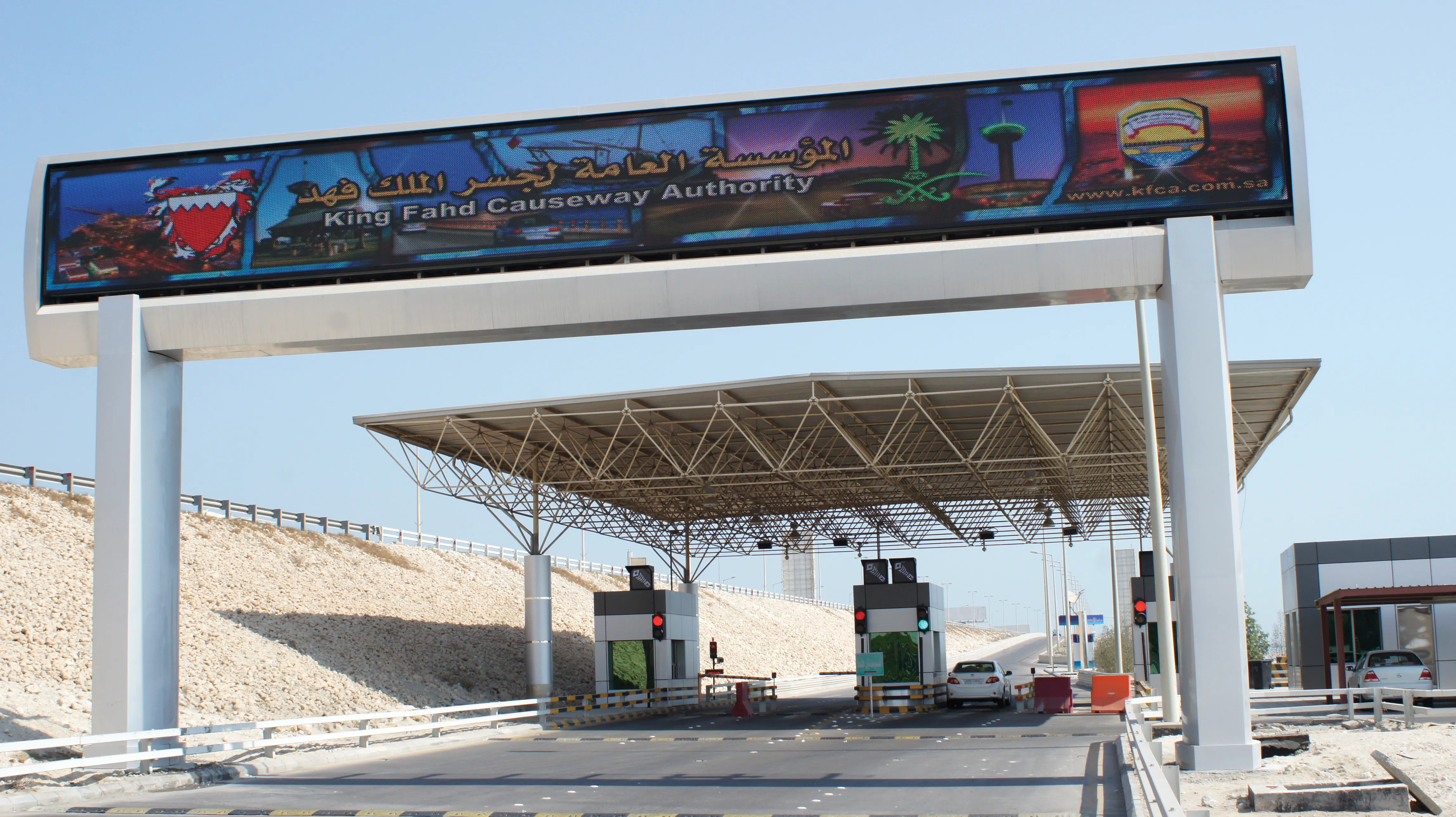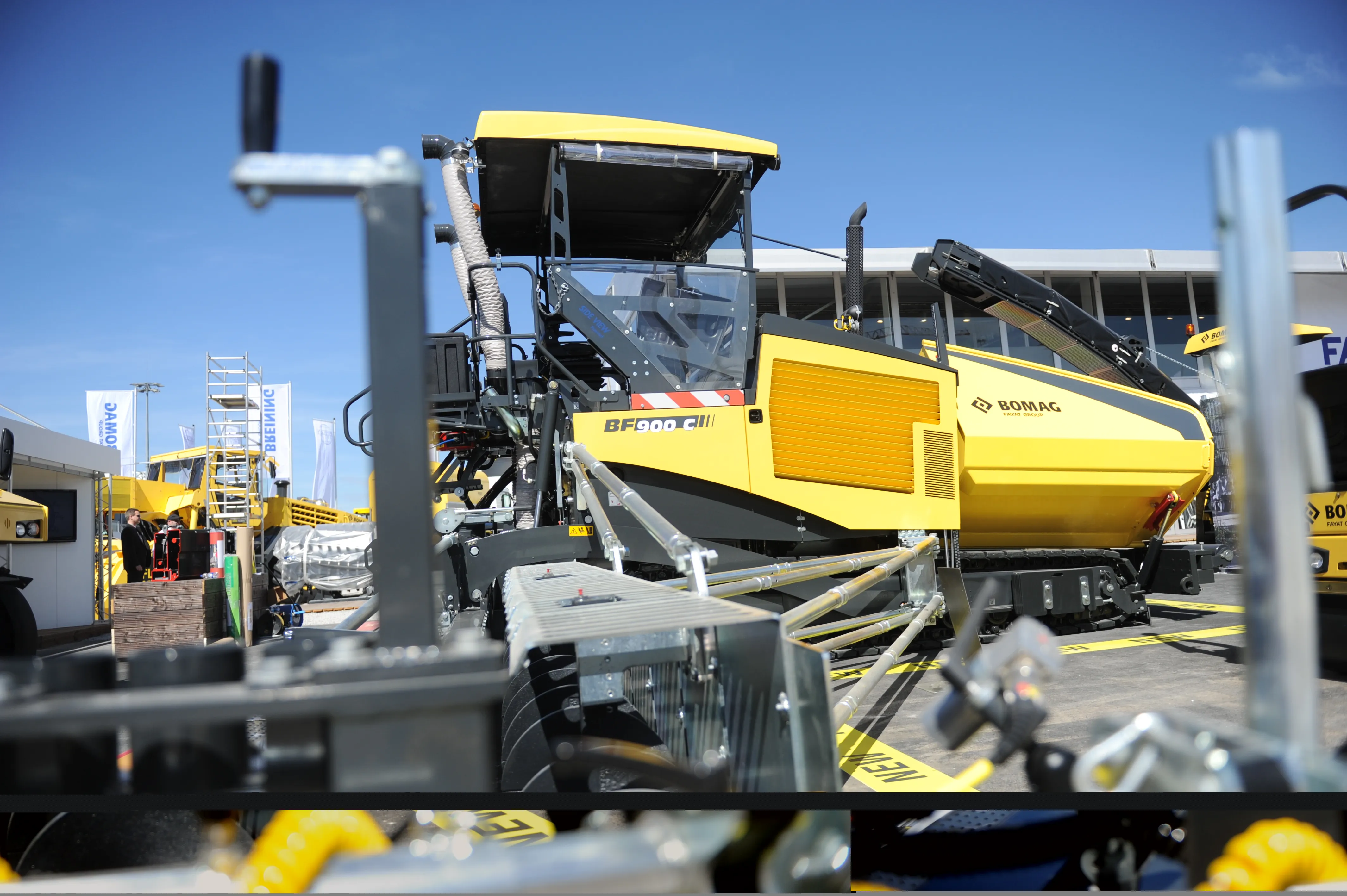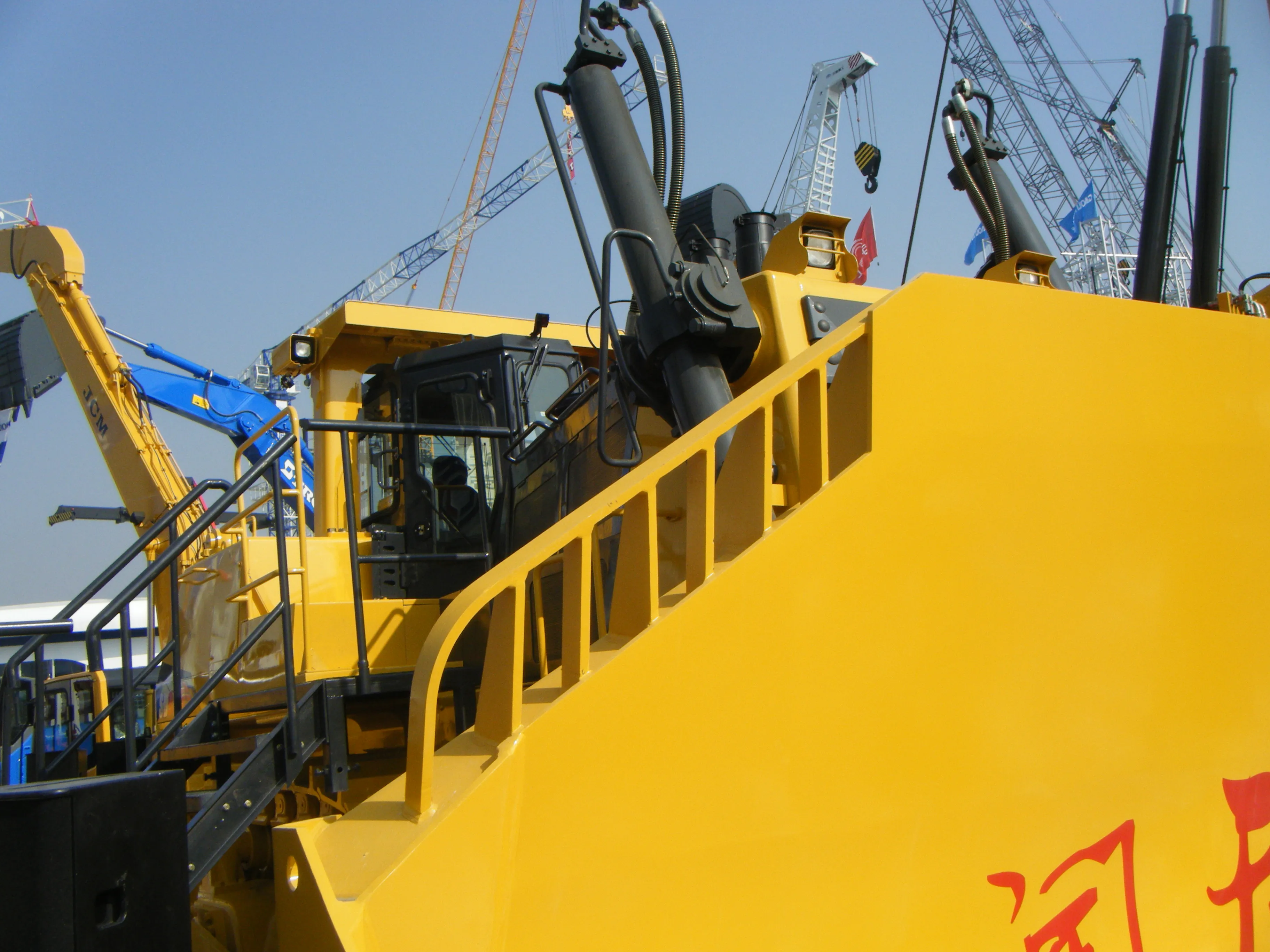$14 billion awarded in the national highway sector of which around $4 billion will be for small roads in rural areas.
Makers of small construction equipment should take a closer look at the Indian market given the government’s focus on rural roads.
During its bauma Forum presentation, Anand Sundaresan, president of the Indian Construction Equipment Manufacturers’ Association (ICEMA), said there is an urgent need for equipment suited to small projects. These include breakers and small pavers of around
April 20, 2016
Read time: 3 mins

$14 billion awarded in the national highway sector of which around $4 billion will be for small roads in rural areas.
Makers of small construction equipment should take a closer look at the Indian market given the government’s focus on rural roads.
During its bauma Forum presentation, Anand Sundaresan, president of the Indian Construction Equipment Manufacturers’ Association (ICEMA), said there is an urgent need for equipment suited to small projects. These include breakers and small pavers of around 4m wide.
“None of the large [domestic] manufacturers are producing equipment suitable for these small projects,” he said. “The products are for larger road works.”
There is a real need in India for mechanisation of the construction of these roads. And the government is putting emphasis on road construction in these rural areas, so there are huge opportunities for any foreign manufacturer of small equipment here.
But domestic small manufacturers face a huge challenge supplying good performing machines for these small works. The compactness of the machines allows transportation over poor roads to get to remote work sites and also gives them the ability to work in tight conditions, he told the audience.
“In many of the rural states of north-eastern India where there is high rainfall the window of opportunity for dry working conditions is only four of five months,” said Sundaresan. “The machines, therefore, have to be very small, efficient and fast.”
Capital expenditure on equipment remains the norm for large companies, and not rental. Only around 7% of equipment sales are for the rental sector, whereas it can be as high as 50% in some developed countries, he said. ICEMA is working with the government to give companies tax breaks if they rent equipment.
There is opportunity for businesses to enter into the rental market to supply small companies which, hoping to take advantage of increased contracts, could be better off renting than buying equipment.
ICEMA is also helping to train people to meet a growing demand for skilled road construction workers, he said. Right now there are around 850,000 trained and skilled workers but this is targeted to rise to around 1.5 million to meet the demand for the government’s increased spending on road construction.
“There is a huge gap for operators and mechanics of construction equipment,” he said. “ICEMA has set up in conjunction with the federal government the infrastructure skills council to train people. The target is to certify around two million people.”
All videos
Makers of small construction equipment should take a closer look at the Indian market given the government’s focus on rural roads.
During its bauma Forum presentation, Anand Sundaresan, president of the Indian Construction Equipment Manufacturers’ Association (ICEMA), said there is an urgent need for equipment suited to small projects. These include breakers and small pavers of around 4m wide.
“None of the large [domestic] manufacturers are producing equipment suitable for these small projects,” he said. “The products are for larger road works.”
There is a real need in India for mechanisation of the construction of these roads. And the government is putting emphasis on road construction in these rural areas, so there are huge opportunities for any foreign manufacturer of small equipment here.
But domestic small manufacturers face a huge challenge supplying good performing machines for these small works. The compactness of the machines allows transportation over poor roads to get to remote work sites and also gives them the ability to work in tight conditions, he told the audience.
“In many of the rural states of north-eastern India where there is high rainfall the window of opportunity for dry working conditions is only four of five months,” said Sundaresan. “The machines, therefore, have to be very small, efficient and fast.”
Capital expenditure on equipment remains the norm for large companies, and not rental. Only around 7% of equipment sales are for the rental sector, whereas it can be as high as 50% in some developed countries, he said. ICEMA is working with the government to give companies tax breaks if they rent equipment.
There is opportunity for businesses to enter into the rental market to supply small companies which, hoping to take advantage of increased contracts, could be better off renting than buying equipment.
ICEMA is also helping to train people to meet a growing demand for skilled road construction workers, he said. Right now there are around 850,000 trained and skilled workers but this is targeted to rise to around 1.5 million to meet the demand for the government’s increased spending on road construction.
“There is a huge gap for operators and mechanics of construction equipment,” he said. “ICEMA has set up in conjunction with the federal government the infrastructure skills council to train people. The target is to certify around two million people.”
All videos








